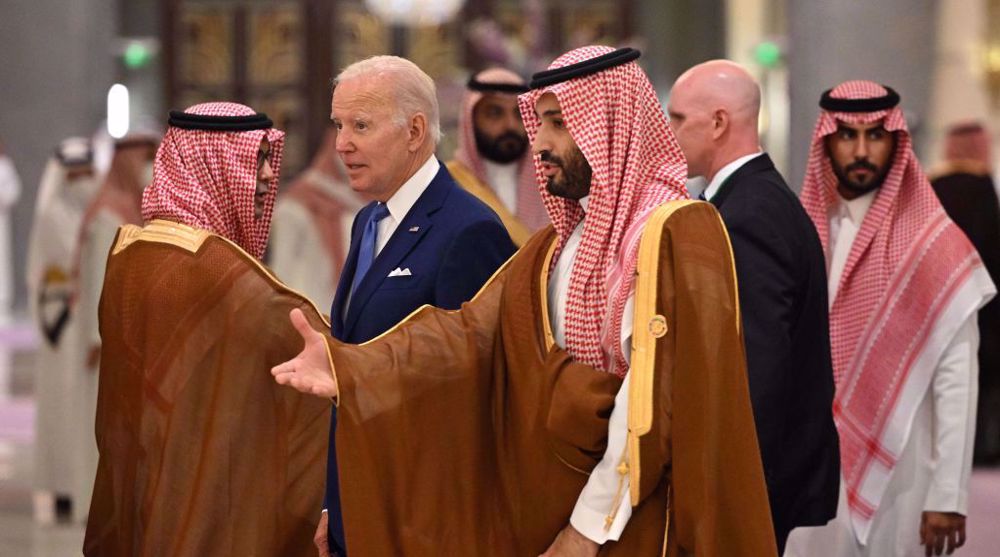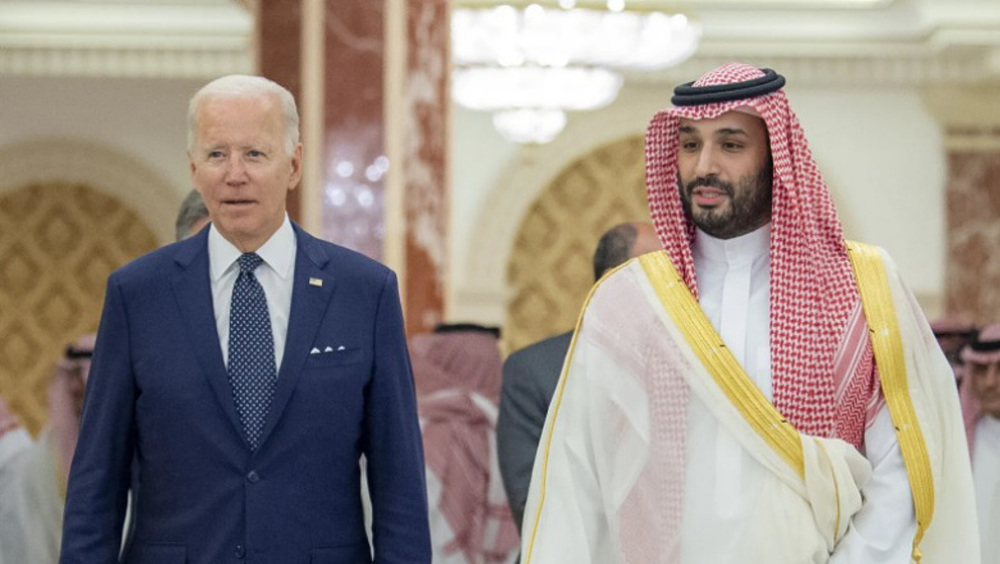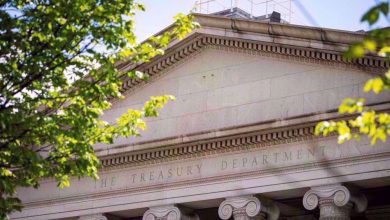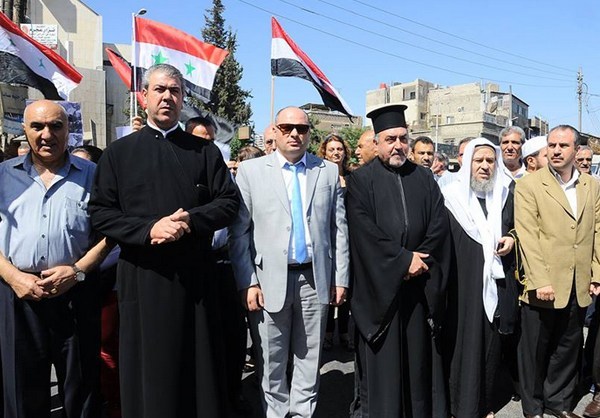Israel rules out al-Quds base for Saudi envoy to Palestinian Authority
The Israeli regime has rejected the idea of a diplomatic base in the occupied al-Quds for Saudi Arabia’s envoy to Palestine, who recently presented his credentials to the Palestinian Authority (PA).
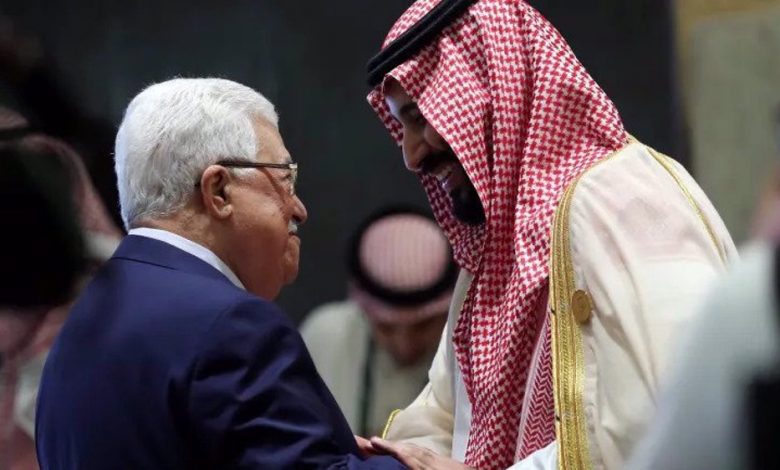
According to the Palestinian news agency Wafa, Palestinian President Mahmoud Abbas’s diplomatic adviser Majdi al-Khalidi received a copy of the credentials of Ambassador Nayef al-Sudairi as a non-resident envoy in Jordan on Saturday.
Reacting to the development, Israeli foreign minister Eli Cohen said on Sunday that the Tel Aviv regime will not allow the opening of the Saudi diplomatic mission in al-Quds.
“This (Al-Sudairi) could be a delegate who will meet with representatives in the Palestinian Authority,” the Israeli minister was quoted as saying.
“We will not allow the opening of any kind of diplomatic mission” in al-Quds, Cohen added. “Will there be an official physically sitting in al-Quds? This we will not allow.”
The Israeli entity claims occupied al-Quds as its own capital, a status recognized by the United States under then-President Donald Trump in 2017 but not by other world countries. Israeli authorities bar Palestinian diplomatic activity in the city.
Palestinian officials have welcomed the first Saudi Arabian ambassador.
Bassam Al-Agha, the Palestinian ambassador to Riyadh, cast al-Sudairi’s appointment as the Saudi affirmation of Palestinian statehood and “rejection of what had been announced by former US President Trump”.
“This means a continuation of Saudi Arabia’s positions,” al-Agha added
The ambassador’s appointment came amid reports that the Persian Gulf kingdom is considering the prospect of establishing formal diplomatic relations with Israel under US pressure.
Last month, US President Joe Biden said a deal may be on the way after talks that his national security adviser had with Saudi officials in Jeddah aimed at fixing relations between Saudi Arabia and Israel.
US National Security Adviser Jake Sullivan has also visited Saudi Arabia and held talks with Crown Prince Mohammed bin Salman.
US officials have sought for months to broker what would be a historic agreement between the two apparent adversaries – through behind-the-scenes allies – but the Saudis have remained resistant so far.
Despite high-profile visits by US officials to the Arab kingdom in recent months, including a trip by Secretary of State Antony Blinken, the US has failed to get any assurances from its Arab ally on the question of Israel normalization.
Blinken’s visit to Saudi Arabia in early June ended without any result, despite the statement before the high-stakes tour that normalization of Saudi-Israel relations was one of the top priorities of the US government.
Saudi Arabia seems to be reluctant toward normalization with Israel and is taking a cautious approach to any public steps that could be seen as a normalization act.
Washington has expressed worries about the reestablishment of ties between Iran and Saudi Arabia as well as Tehran’s growing influence and alliances across West Asia and beyond.
At a critical time when Biden is seeking re-election, the US government has been left embarrassed by Saudi Arabia’s bolstering of ties with Iran and Syria, and its further gravitation toward China.
US efforts have been complicated as Israel’s hard-right regime has played down any prospect of it giving significant ground to the Palestinians as part of a normalization deal with Saudi Arabia.
Several members of the far-right Israeli regime led by Prime Minister Benjamin Netanyahu say they will not make any concession to the Palestinians as part of a potential deal for normalization of relations with Saudi Arabia.
